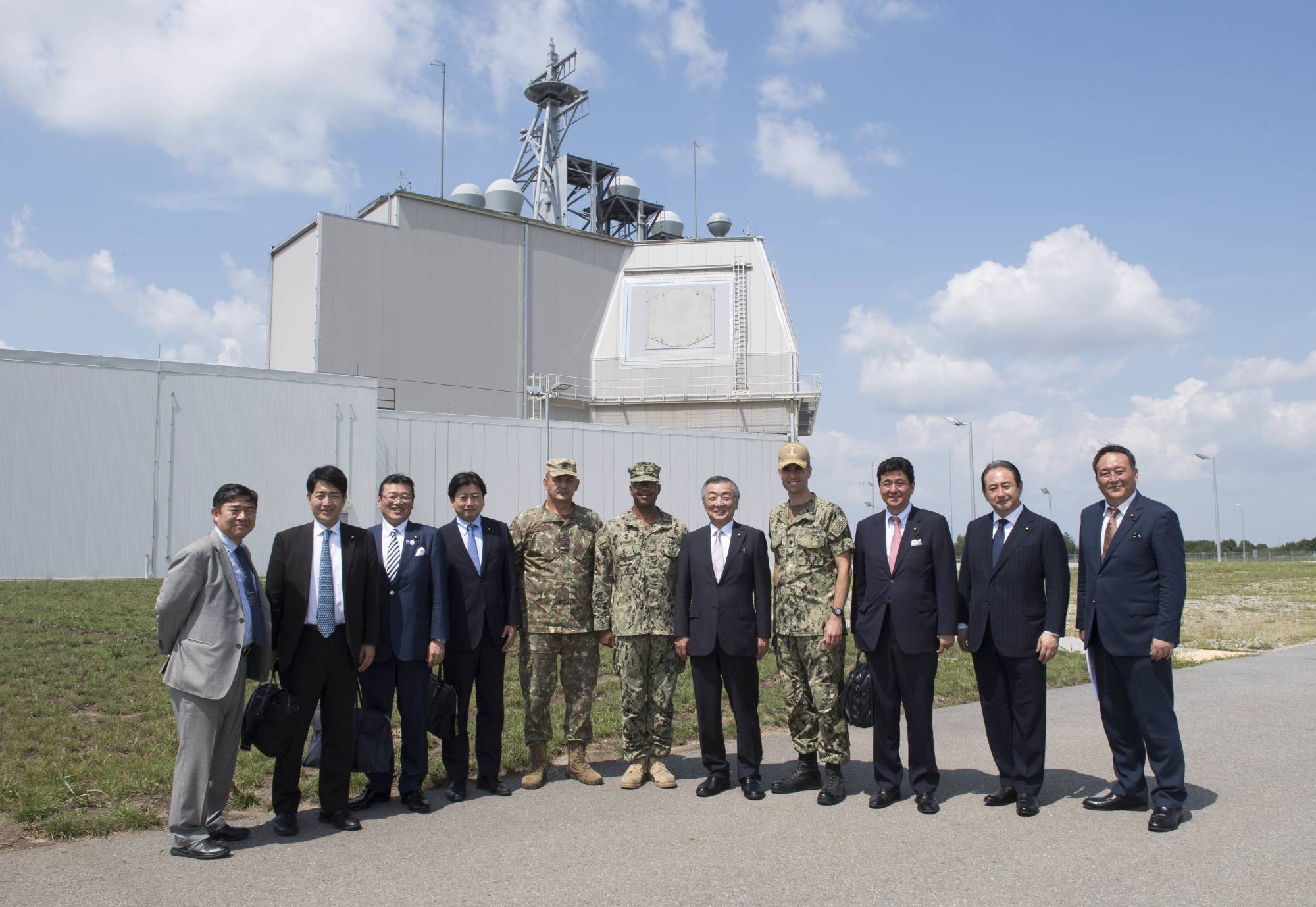On June 25, Defense Minister Taro Kono announced the cancellation of the planned acquisition and deployment of the Aegis Ashore system, citing the additional cost and time required for safety-related modification of the system. But the technical explanation by the government was not convincing to many observers.
Kono’s decision bravely broke rank from the LDP politicians’ reluctance to challenge Prime Minister Shinzo Abe and the bureaucratic inertia on the purchase of an expensive yet obsolete defense system Abe promised to U.S. President Donald Trump in 2017 in order to fend off the anticipated trade imbalance accusations.
The very idea of intercepting incoming ballistic missiles did not gain much traction during the Cold War, because this type of defensive system was deemed too expensive to develop. The United States and the Soviet Union chose to maintain a strategic balance between them with a negotiated nuclear parity. Deployment of missile defense arsenal was limited to one site each under the Anti-Ballistic Missile (ABM) Treaty.



















With your current subscription plan you can comment on stories. However, before writing your first comment, please create a display name in the Profile section of your subscriber account page.